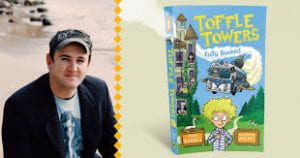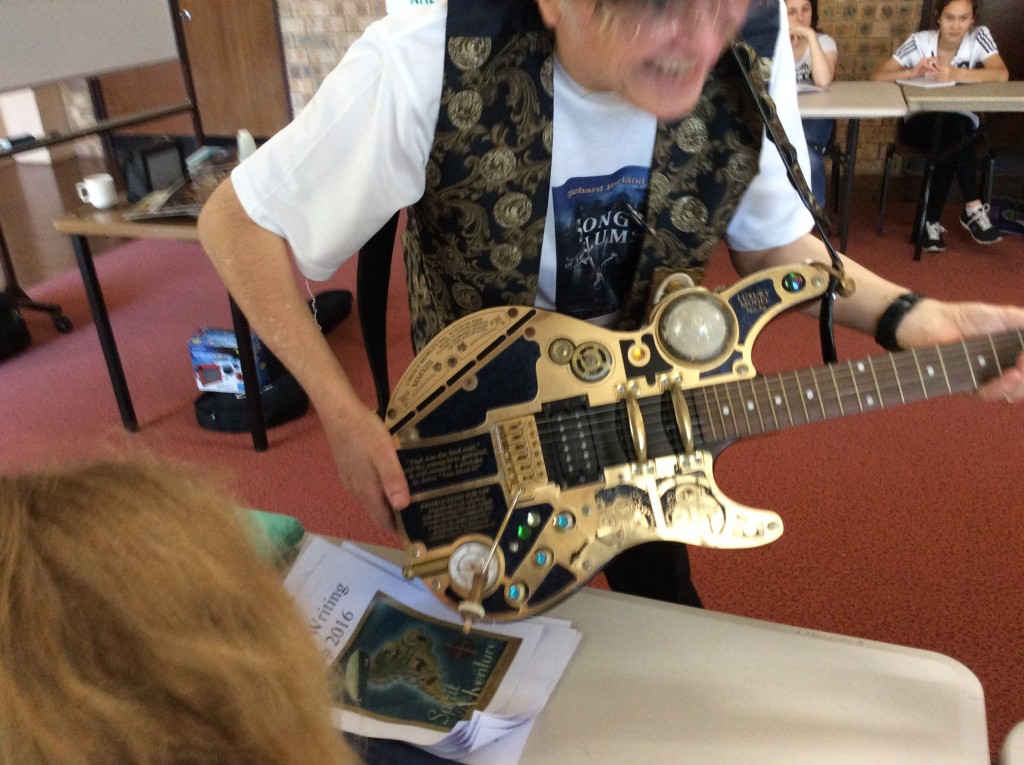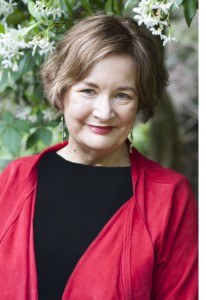 How great is it to get a book which is written by, not one, but three renowned authors!
How great is it to get a book which is written by, not one, but three renowned authors!
‘Take Three Girls’ deals with the complexities of teen life, set mainly in a boarding school situation, but dealing with many of the day-to-day issues for young adults, wherever they are.
Focussing on three girls – Clem, Kate and Ady, it weaves their lives together – in spite of some strong differences among them.
Clem, a previously competitive swimmer, is struggling to come back to her part in the elite school swimming team after injury. Quiet Kate is trying to determine where her future lies – is it in an academic or musical direction? And Ady, who is not a boarder, is dealing with where she stands, as her family begins to struggle both financially and personally, for the final years at St Hilda’s private school. What choices will they each make?
The weft of the book begins with the school’s wellness program, which ties them together as partners. As it aims to have students consider things (like identity, self-image, friendship and bullying), the story reflects issues which may well arise for many teenagers.
The warp happens when online sledging appears via vicious social media posts, aimed at girls at St Hilda’s – and ultimately, including the names of Clem, Kate and Ady. (Who is behind it, and how can they deal with it?)
There are parts of the book which will be confronting for some readers – particularly the PSST posts. Some of the situations in which the girl find themselves are not wonderful either, and their choices are not always ideal. But this is not Pollyanna, nor is it set in Pollyanna days. Today, teenagers are susceptible to anonymous cyber-bullying. Schools are not perfect places. And so, this book is both gritty and challenging, as it explores these issues and:
friendship, feminism, identity and belonging. (from the blurb on the back cover).
 As already noted, it is also a collaboration between three talented Australian authors – Cath Cowley, Simmone Howell and Fiona Wood – and is soooo well done.
As already noted, it is also a collaboration between three talented Australian authors – Cath Cowley, Simmone Howell and Fiona Wood – and is soooo well done.
You might expect it was a hard thing to do. However, each of the authors has stated how much they enjoyed their part in writing the book. That the book is so complete reflects this, and it sounds like a fabulous thing to create together.
# For more discussion on the collaboration, and how they worked together, see this post from Writing NSW which followed ‘Take Three Girls’ winning Book of the Year in the CBCA Awards 2018.
## Recommended 15+
### Available as an ebook.
 Late in the day of our BookWeek celebrations, there was anticipation as years 5 and 6 waited to hear from this year’s invited author. Anticipation too, for the author – for Tim Harris had taught at this school for 10 years before embarking on his writing career.
Late in the day of our BookWeek celebrations, there was anticipation as years 5 and 6 waited to hear from this year’s invited author. Anticipation too, for the author – for Tim Harris had taught at this school for 10 years before embarking on his writing career.







